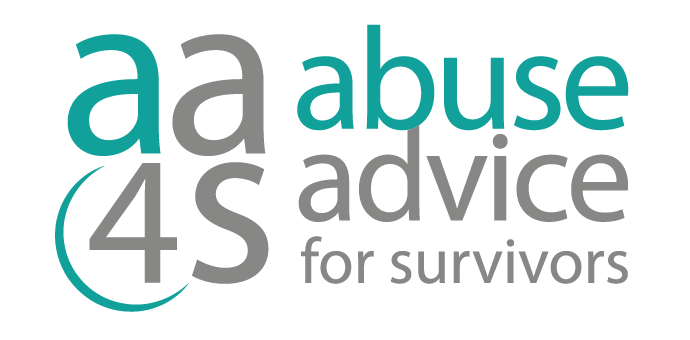
When I won the case of Durham County Council v Dunn, it was a great result, but I did not realise at the time, that the Court of Appeal decision would have national implications for all local authorities defending child abuse compensation claims. It is a landmark decision that has implications not only in all child abuse cases but also in the area of disclosure of records, for example, to Care Leavers.
Until now, when lawyers have requested personal records to support allegations of abuse in local authority managed homes, as well as tracking the possible psychological damage to the client as a result, local authorities have routinely removed any third-party information. This has resulted in evidence that could be used to corroborate the abuse being hidden, particularly where the names of vital witnesses have been deliberately masked out with black highlighter/redacted.
The case, which led to today’s judgment, involved Mr Garsden’s client, Nigel Dunn, who was physically assaulted at a home in the North East in the early 1980s. Mr Dunn, 43, says his life was messed up and brutalised by violence meted out at Aycliffe Young People’s Centre, in Newton Aycliffe, County Durham. When Mr Dunn’s records of alleged assaults were requested by his solicitors the names of other potentially corroborative residents who were boys at the home were masked out so that the Council hid them from the victim’s solicitors. Durham County Council objected to providing any third party names on the grounds of the Data Protection Act 1998, and their decision not to disclose full information was upheld by the court. This decision was then appealed by Mr Dunn’s solicitors, who argued that they needed the names of his fellow residents in order to track down potential witnesses to support their case.
Today’s judgment found in favour of Mr Dunn and his right to a fair trial. Following the ruling, lawyers pursuing claims will be able to access full records without the names of valuable witnesses being deliberately masked out/redacted.
Previously, lawyers have been denied access to the names of witnesses because of the privacy laws surrounding data protection. This has meant that, at great expense to Local Authorities, teams of data experts had to go through reams of records, in order to mask out any third party names before handing them over. This landmark ruling means that in legal cases, this will not be necessary any more, thus saving cash strapped local authorities millions of pounds, and better access to justice. In an age of austerity this will be welcome news to local authorities trying to save money.
The Court of Appeal based their decision upon articles 6 and 8 of the Human Rights Act which insists upon the right to a fair trial balanced against the right to privacy. The decision came down on the side of transparency and openness so as to avoid any cover ups of evidence. This decision will help all other victims of abuse, who are trying to uncover the names of vital witnesses in records, which previously have remained hidden.
Peter Garsden, Principal of Abney Garsden McDonald and president of ACAL (Association of Child Abuse Lawyers) said: “I am encouraged by the backing that the courts have given to full and open disclosure of the names of witnesses in this case because without such details I would not have been able to fight for my client’s rights. This is a groundbreaking decision and will have national implications for all local authorities. It will mean that legal teams will be able to see all the evidence without the removal of names.”



